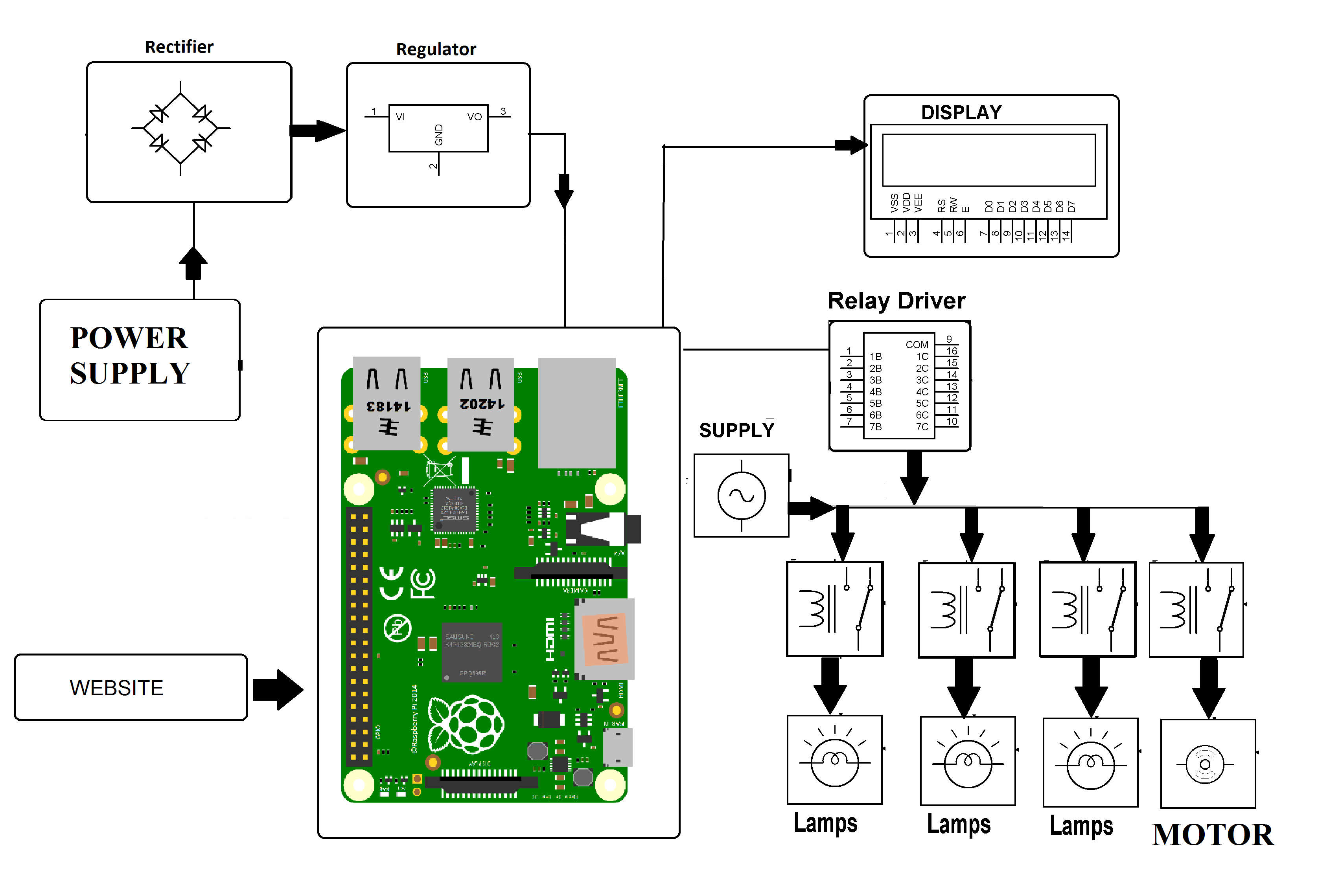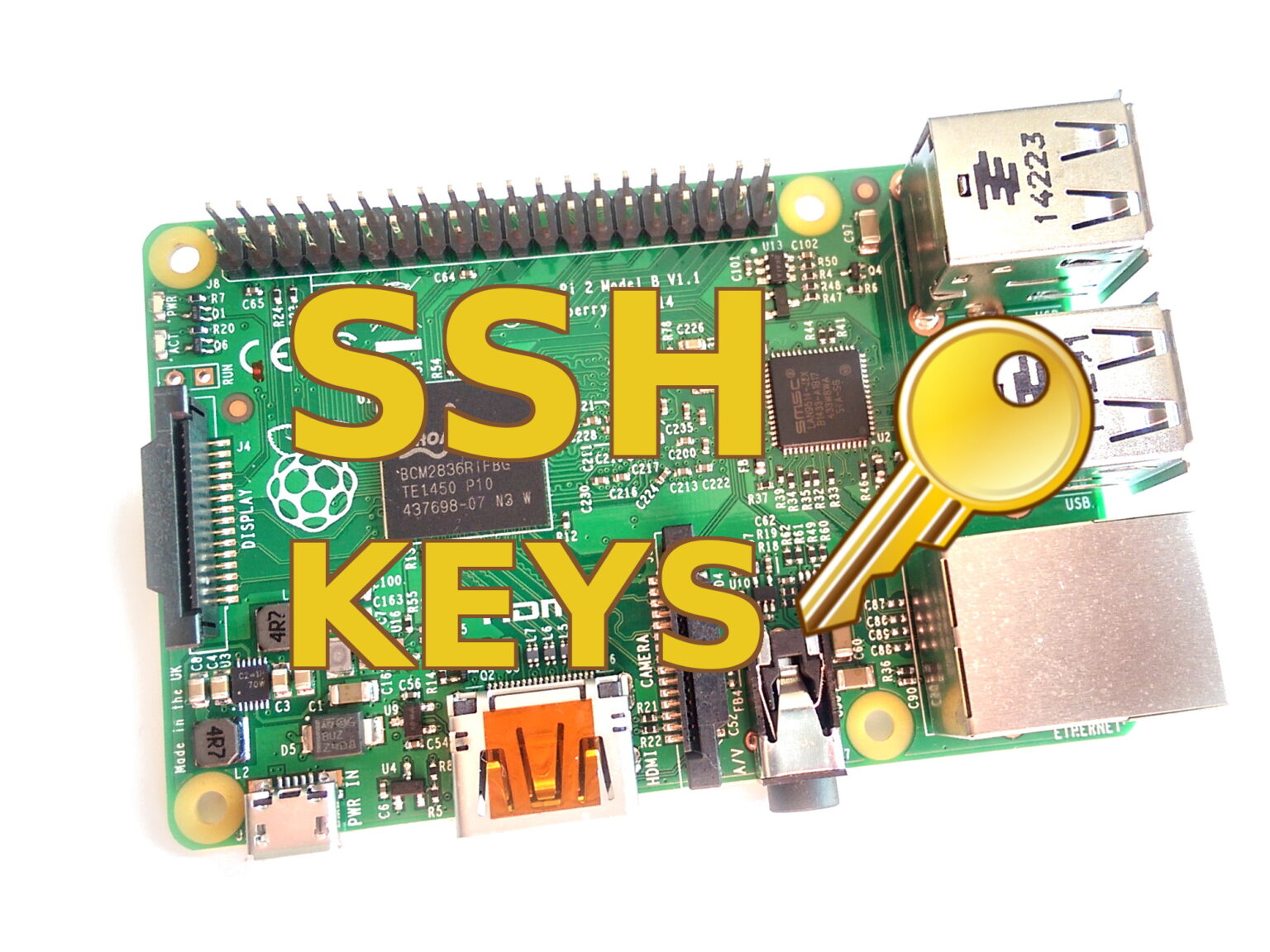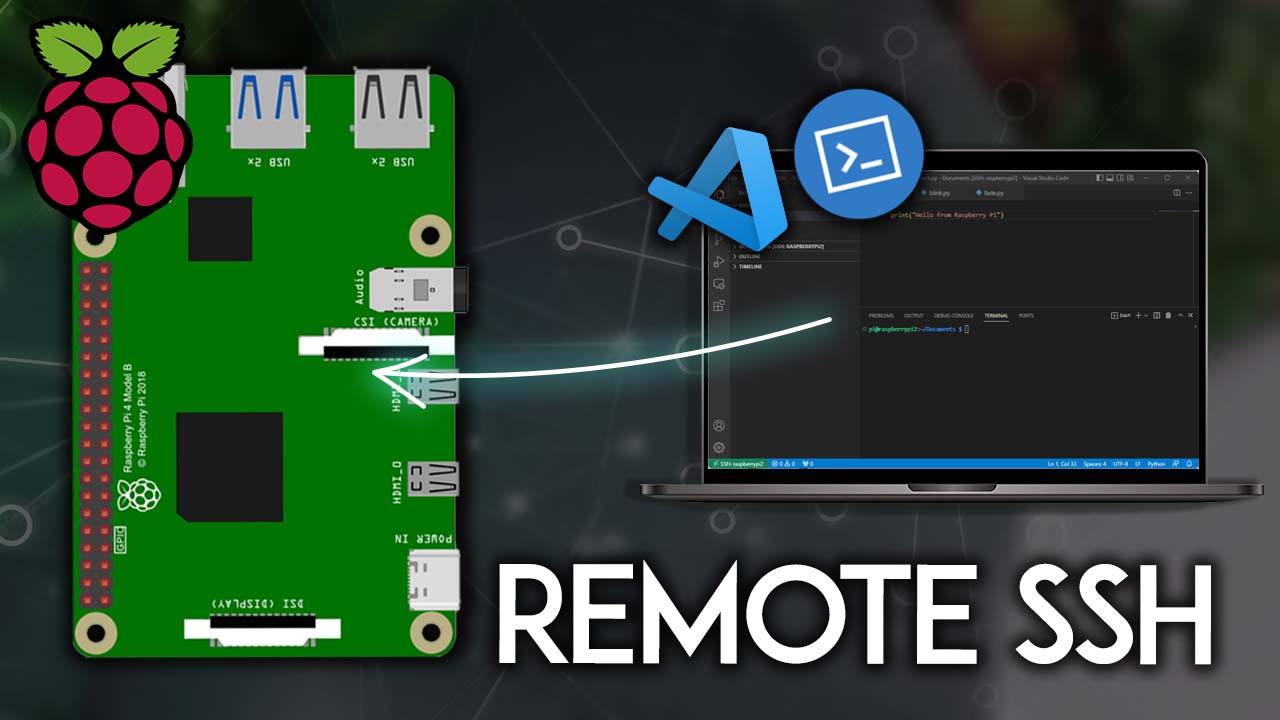Are you leaving your Raspberry Pi, the unsung hero of your IoT projects, vulnerable to digital intruders? Securing your Raspberry Pi is no longer a luxury but a necessity, especially when managing it remotely.
In today's interconnected world, the Raspberry Pi has emerged as a versatile tool for a multitude of applications, from home automation to industrial control systems. Its compact size, affordability, and processing power make it an ideal choice for IoT projects. However, its widespread use also makes it a target for cyberattacks. The key to safeguarding your Raspberry Pi lies in implementing robust security measures, and one of the most effective is leveraging SSH keys through a reliable remote IoT platform.
| Feature | Description |
| Operating System | Typically a Linux distribution such as Raspberry Pi OS (formerly Raspbian) |
| Processor | Broadcom BCM2835, BCM2837, or BCM2711 (depending on the model) |
| RAM | Ranges from 256MB to 8GB (depending on the model) |
| Storage | MicroSD card for the operating system and data storage |
| Connectivity | Wi-Fi, Ethernet, Bluetooth (depending on the model) |
| GPIO Pins | General Purpose Input/Output pins for interfacing with external hardware |
| Applications | Home automation, media server, retro gaming, IoT projects, edge computing |
| Security Risks | Default passwords, unpatched software, insecure network configurations |
| Remote Access | SSH (Secure Shell) for remote command-line access |
| Reference | Raspberry Pi Official Website |
- May 25 Zodiac Gemini Traits Compatibility More Unveiled
- Aaron Pierre Is He Married Love Life Relationship Status


